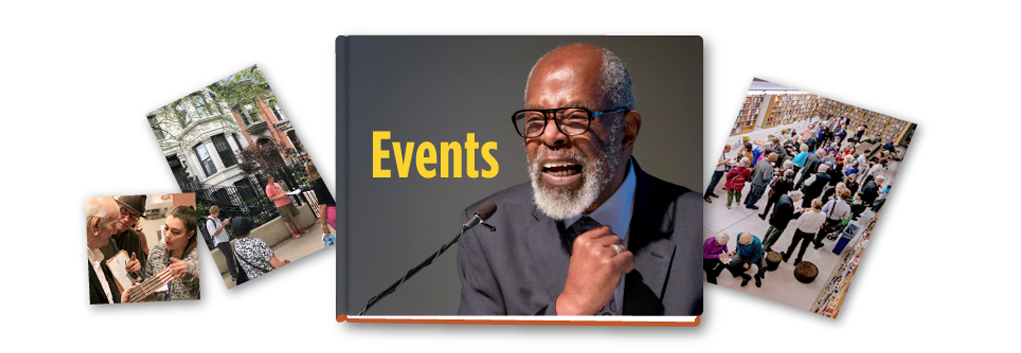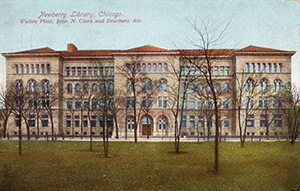
Chicago’s Gold Coast Literary Walking Tour
Thursday, May 9, 2019
1:30-3:30 p.m.
Meet: Bughouse Square (across from Newberry Library)
End: Newberry Library, 60 West Walton Street
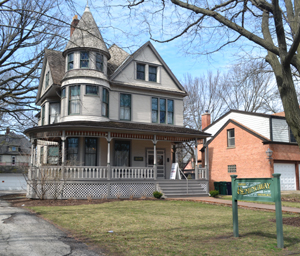
Oak Park Literary Walking Tour
Sunday, May 5, 2019
2:30-4:30 p.m.
Meet at the Edgar Rice Burroughs House #2, 700 N. Linden Ave.
End: Jane Hamilton Girlhood Home, 226 S. Scoville Ave.
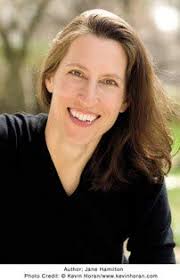
Great Chicago Books Club: Jane Hamilton
Sunday, May 5, 2019
5:30-8 p.m.
Oak Park, Il
Private Home
TBA
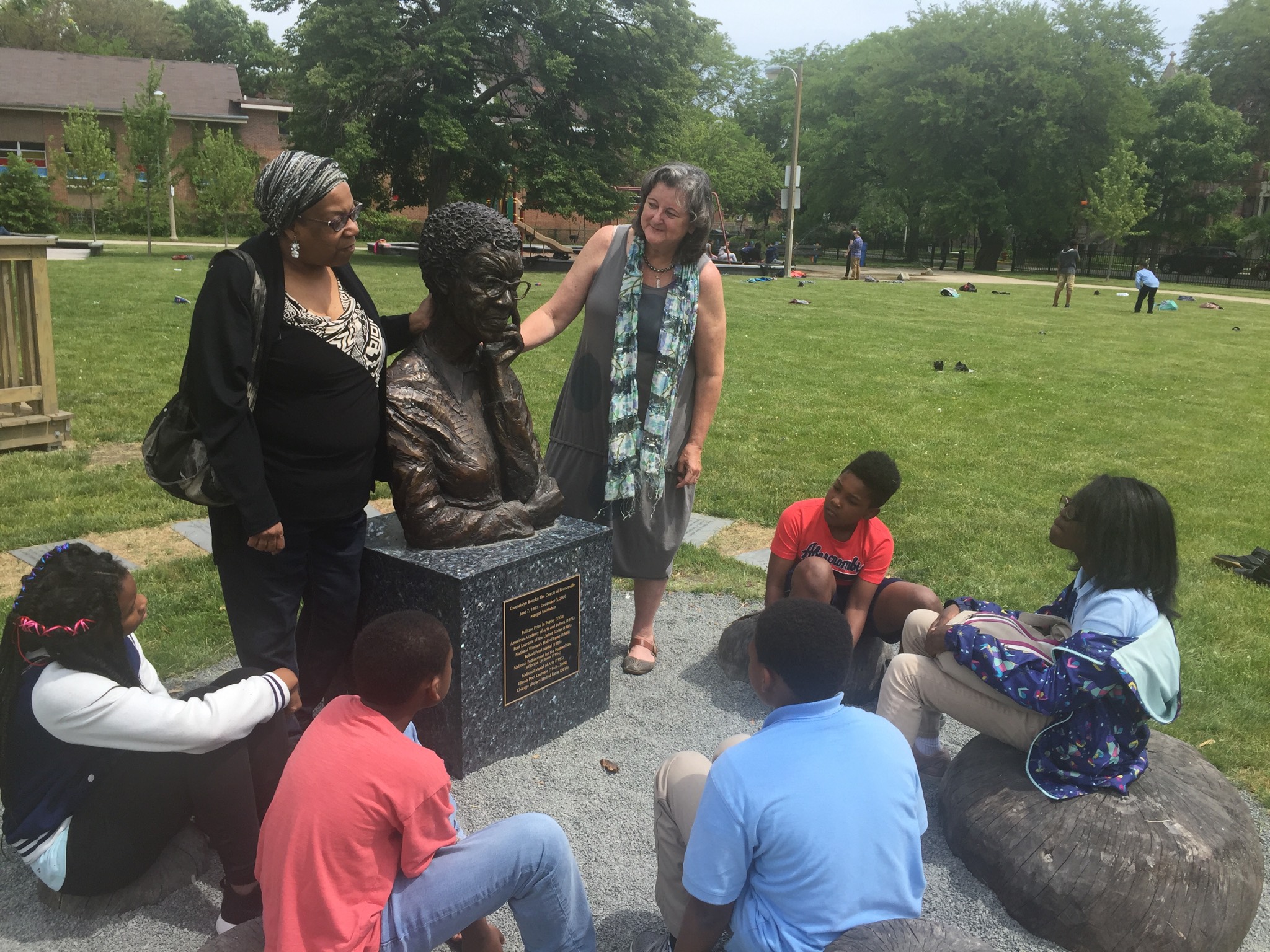
Chicago’s Black Literary Renaissance Bus Tour
Saturday, May 4, 2019
10 a.m.-12:30 p.m.
Kenwood United Church of Christ
(across from Brooks Park and Gwendolyn Brooks statue)
4600-08 S. Greenwood Ave.
Chicago, IL 60653
Bus will load and unload here.
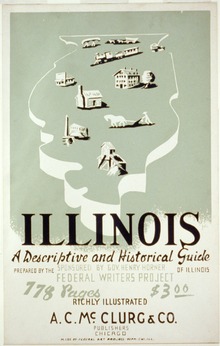
Chicago By The Book: The Federal Writers Project’s Illinois Unit
Thursday, April 25, 2019
6-8 p.m.
City Lit Books
2523 N. Kedzie Blvd.
Chicago, IL 60647

From the Porch of Gwendolyn Brooks: Middle School Poetry Writing Workshop with Jerakah Greene
Saturday, March 23, 2019
10 a.m.-Noon
Carver 47 Cafe
Little Black Pearl
1060 E. 47th Street
Chicago, IL 60653
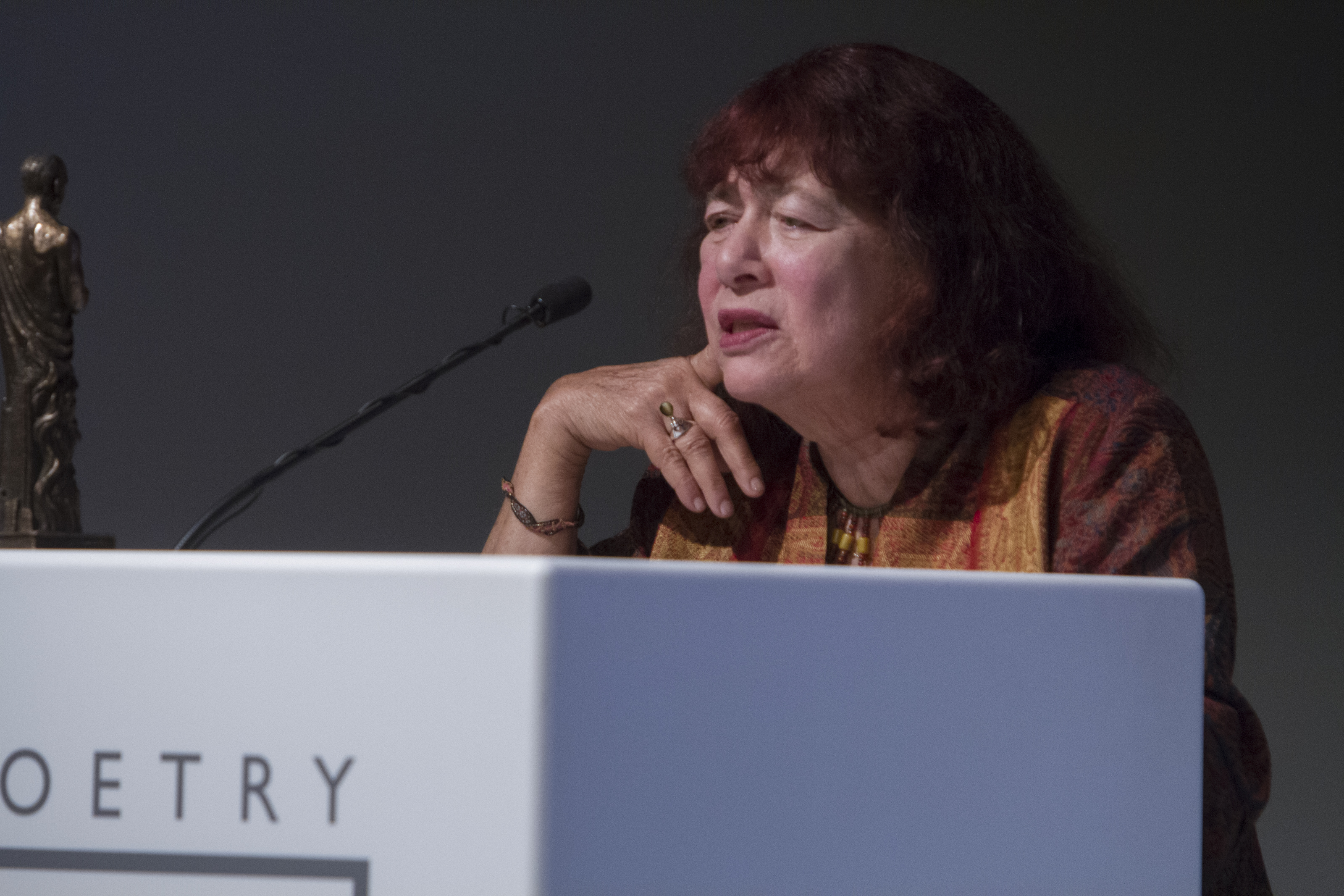
Great Chicago Books Club: Rosellen Brown
Sunday, March 10, 2019
5-7:30 p.m.
Hyde Park
Chicago, IL
Private Home
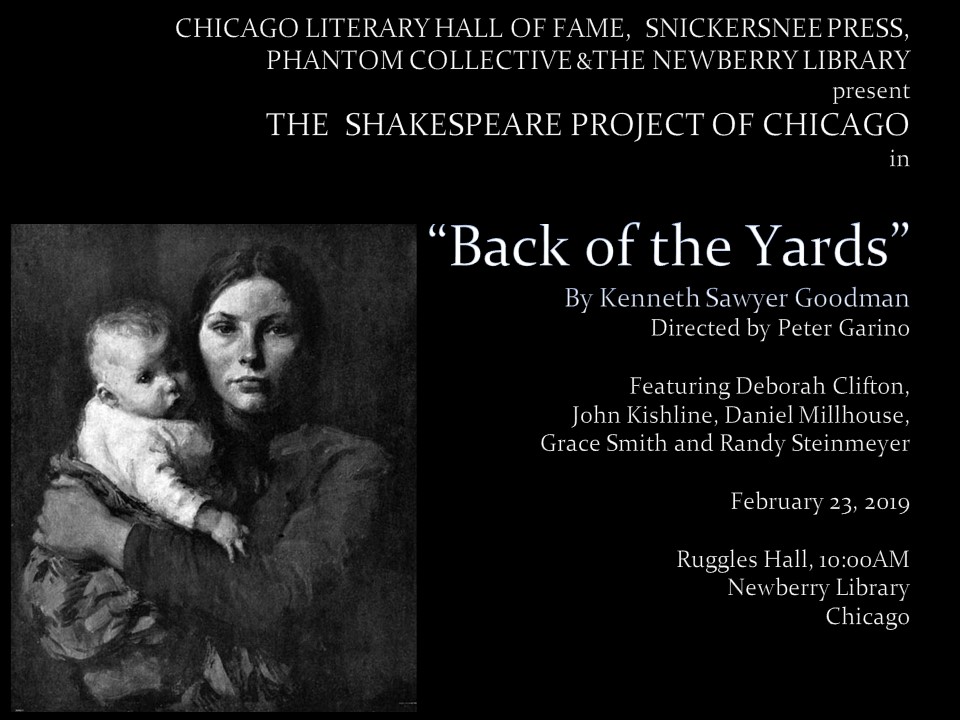
Back of the Yards
Saturday, February 23, 2019
10-11:30 a.m.
The Newberry Library
Ruggles Hall
60 West Walton Street
Chicago, IL 60610
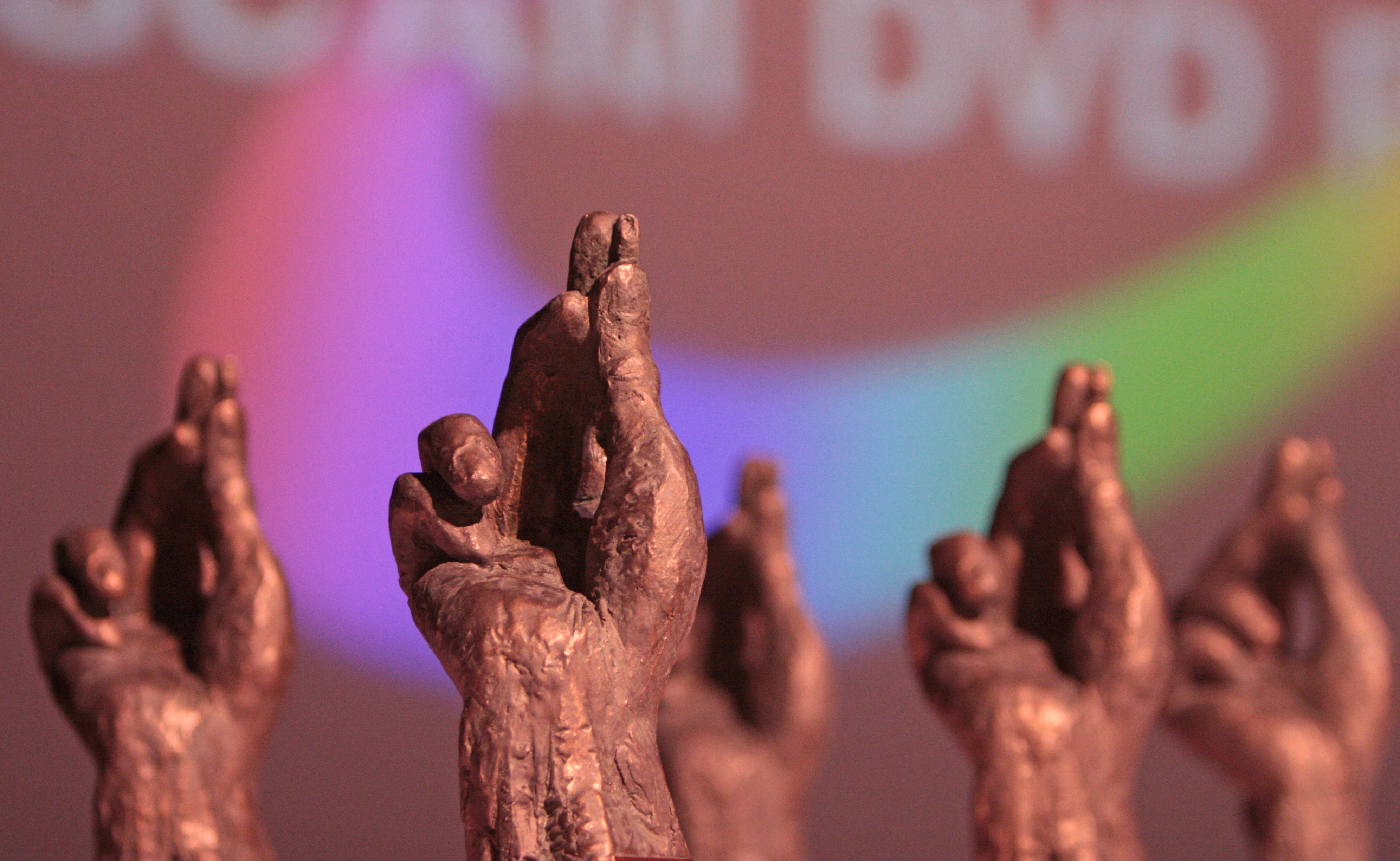
2018 Induction Ceremony
Friday, November 16, 2018
6-9 p.m.
Cliff Dwellers
200 S. Michigan Ave.
Penthouse (22nd Floor)
Chicago, IL 60604
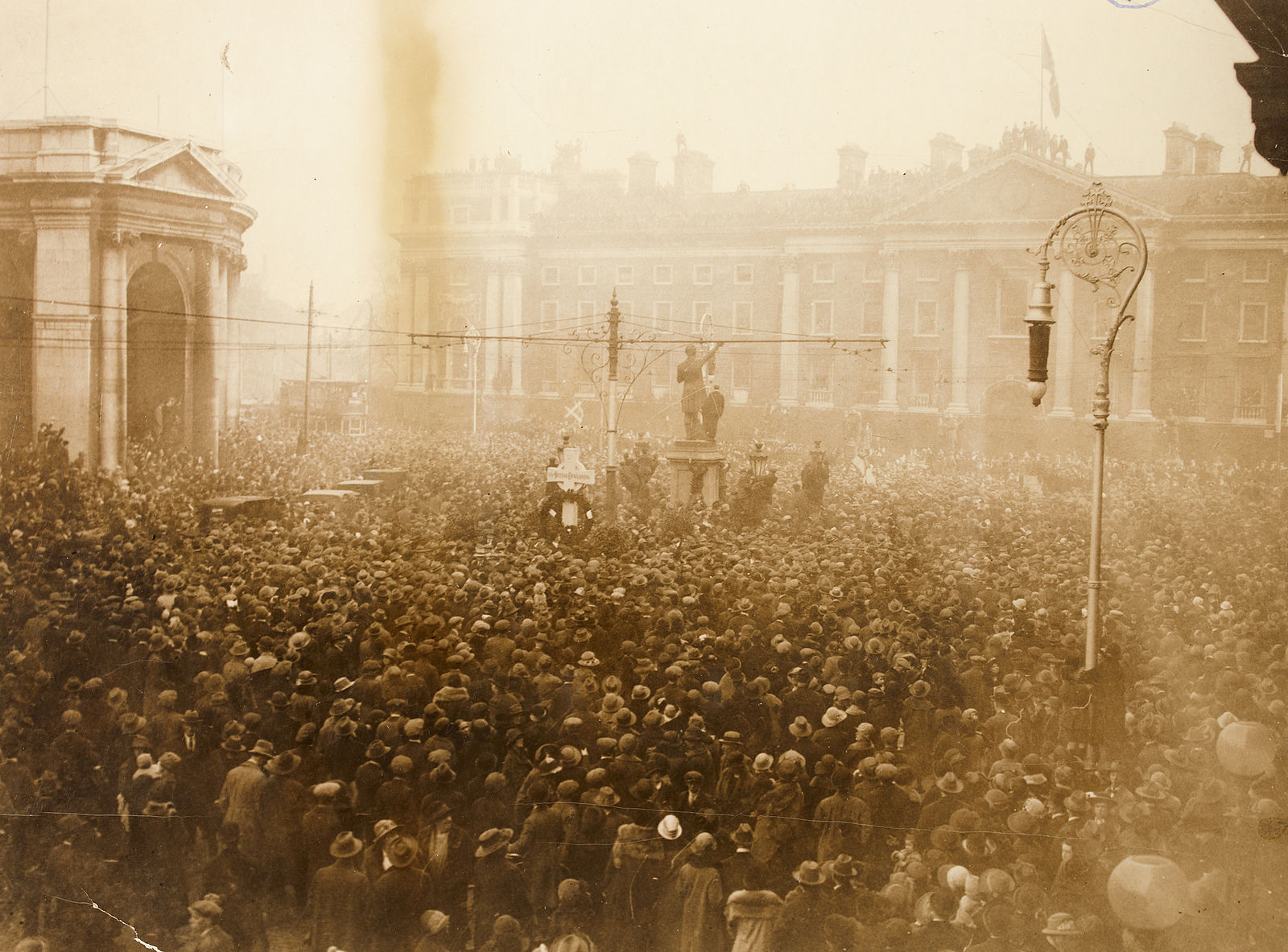
Armistice Day 2018: American Writers on War and Peace
Sunday, November 11, 2018
2-4 p.m.
American Writers Museum
180 N. Michigan Ave.
Chicago, IL 60601
Literary Chicago
Sign up for CLHoF Announcements
Chicago Literary Hall of Fame
Email: Don Evans
4043 N. Ravenswood Ave., #222
Chicago, IL 60613
773.414.2603


